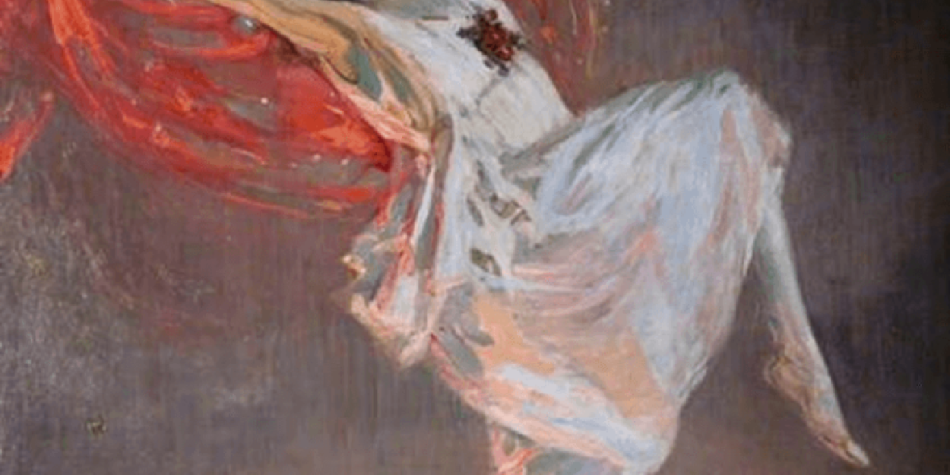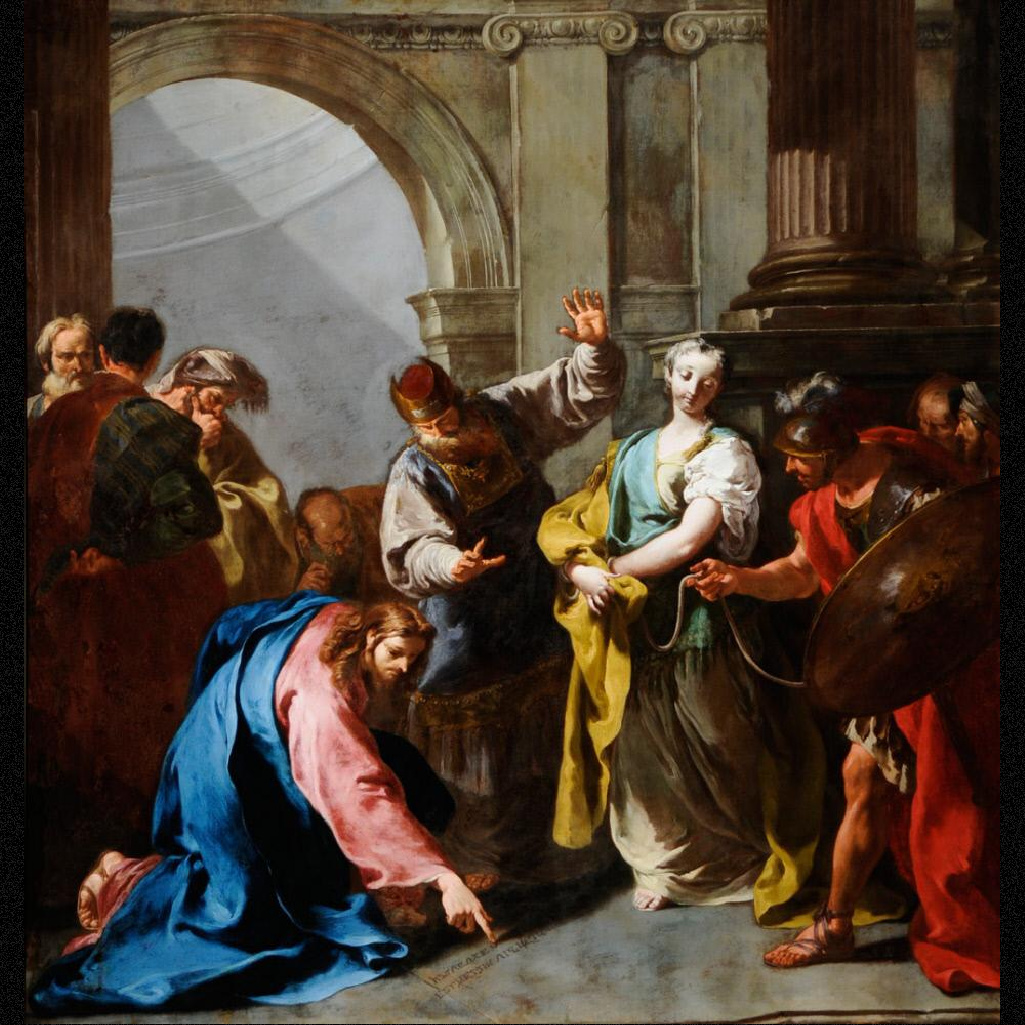In early 2020, as businesses shut down and people stayed home to slow the spread of COVID-19, life changed quickly and dramatically for Americans. As is so common during times of tragedy, the best of humanity shone brightly as people looked for ways to provide support to others in their community while keeping at a distance. Social media was flooded with viral videos of nightly applause and cheering from apartment buildings in support of healthcare workers. Pizzerias sent thousands of free pizzas to hospitals to feed the doctors, nurses, technicians, and other essential staff. Drive-by parades were organized to cheer up nursing home residents who were unable to see their family and friends. In fact, there were so many stories of people doing good in the world that actor John Krasinski created a weekly Youtube series, Some Good News, to celebrate these acts of love and generosity.
And then, the politics started.
When the legitimate discussion about balancing the mitigation of both the virus and its economic impacts began, people quickly took camps. There was the “Ok, so I guess you want to kill someone’s grandma” camp, and the “People die every day in car accidents, does that stop you from getting in your car?” camp. And pretty soon, it was clear that hearts and minds in these camps never the twain shall meet. In March of 2020 alone, nearly 70 percent of Americans reported spending at least 1-2 or more hours per day on social media.
Thoughtful voices continued to be increasingly drowned out online and on TV by the Incessantly Indignant. And with so much extra time at home, many Americans prioritized a heavy dose of partisan hatred in their diet. Politics was less and less about civic duty, and more and more about entertainment.
In March of 2020 alone, nearly 70 percent of Americans reported spending at least 1-2 or more hours per day on social media. Admittedly, I was one of these people. I had opinions about the virus, lockdowns, social justice, the police, and the elections, and I made sure people online knew it. I had various frames around my Facebook picture to signal, at different periods, that I had the correct beliefs. I liked the right posts. I tried, more than I thought my friends tried, to be measured and polite, but looking back, I’m not sure I was very successful. After engaging online like this over a period of several months, I became disillusioned, not only with some of my own views but with the way that I and many of my fellow Humans of Facebook communicated about politics online. I gradually felt a gentle rebuke from God: Loudly declaring your politics online does not make you a good person.
Neither, it turns out, does it make you a happy person. According to a data analysis by social scientist and writer Arthur C. Brooks, people who report being “very interested in politics” were about 8 percentage points more likely to report being “not too happy.” This was even when results were controlled for factors such as age, income, gender, race, marital status, education, and political views. Brooks explains:
Behavioral science shows that the link might just be causal through what psychologists call ‘external locus of control,’ which refers to a belief that external forces (such as politics) have a large impact on one’s life. An external locus of control brings unhappiness … An external locus is correlated with worse academic achievement, more stress, and higher levels of depression.
So, if political involvement makes us neither good nor happy, what does? How do we build a better world and find joy doing it? The answer, I believe, can be found in the words of a human many of us consider the veritable Savior of the World:
Then one of them, which was a lawyer, asked him a question, tempting him, and saying, Master, which is the great commandment in the law? Jesus said unto him, Thou shalt love the Lord thy God with all thy heart, and with all thy soul, and with all thy mind. This is the first and great commandment. And the second is like unto it, Thou shalt love thy neighbour as thyself. On these two commandments hang all the law and the prophets (Matthew 22:35-40, KJV).
Love God, and love your neighbor. The Lord’s prophets have also taught us that when we love and serve our neighbor, we are, in fact, serving God. This great message, I think, is the foundation upon which we can actively help bring some healing into the world.
– – – – – – – –
In 1831, Joseph Smith announced a revelation to the early Latter-day Saints that they should leave their homes in Ohio to build a new “Zion” in Missouri. According to his revelation, there the long-persecuted saints would “assemble [themselves] together to rejoice upon the land of Missouri,” which was the “land of [their] inheritance.” When they arrived in Independence, what they saw was nothing like they expected from the New Jerusalem. Even Joseph Smith described feeling anxiety regarding the location. The Lord wasn’t handing them the Promised Land, He was asking them to build it. In revelations given in Doctrine & Covenants 57 – 59, the Lord gave assignments to various saints regarding how they could use their time, talents, and resources to serve and build up the community. However, he also exhorted the people:
Behold, it is not meet that I should command in all things; for he that is compelled in all things, the same is a slothful and not a wise servant; wherefore he receiveth no reward. Verily I say, men should be anxiously engaged in a good cause, and do many things of their own free will, and bring to pass much righteousness (D&C 58:26-27, emphasis added).
In Missouri, the fledgling church had the opportunity for a fresh start, away from the accusations, hecklers, and mobs they faced in the East. As we approach (what many of us hope to be) a post-pandemic world, we also have the opportunity for a fresh start. And as Christians, we also have the responsibility to be “anxiously engaged in a good cause.” When it comes to the issues that we are so passionate about, maybe we can help build up Zion by doing something about them rather than just talking about them.
When it comes to the issues that we are so passionate about, maybe we can help build up Zion by doing something about them rather than just talking about them. If you are concerned about the high rates of abortion in the United States, for example, consider getting involved with your local YMCA or another youth group to mentor at-risk teens. There, you may also find yourself working alongside those who have a passion for racial or economic justice, immigration, education, and crime reduction. Work together, learn from each other, and make the world a better place.
Formal volunteer work is not the only way to build up Zion, of course. We can also seek out the needs of people in our local church congregations and minister to them. There are people who need to hear the gospel, people who need a friend, people who need a shoulder to cry on, people who need advice, and people who can benefit from our time, talents, and resources.
So many ways the Spirit may direct us to serve! As President Henry B. Eyring taught:
The Lord regularly sends wake-up calls to all of us. Sometimes it may be a sudden feeling of sympathy for someone in need. A father may have felt it when he saw a child fall and scrape a knee. A mother may have felt it when she heard the frightened cry of her child in the night. A son or a daughter may have felt sympathy for someone who seemed sad or afraid at school. All of us have been touched with feelings of sympathy for others we don’t even know.
But we must be prepared for and receptive toward those wake-up calls from the Lord. When we are drowning our minds and hearts in media that does not invite the spirit or which harbors hateful or unkind feelings toward others, we run the risk of missing a prompting, and therefore not fulfilling our Christian and covenant obligation to lift up those in need.
But imagine what can happen if we yield to this better impulse? What would any of our lives look like living out our passions and our love for God and fellow man in our daily actions—and looking for ways to do good in the world, rather than just having the ‘right’ opinions or saying the ‘right’ things. In doing so, we may even have the blessing to serve alongside people we disagree with and to learn from them. Through this service and Zion-building, we will ultimately find that even in a time of great trial, “all is well.”– – – – – – –
Less than two years after arriving in Missouri, the Saints were forced violently out of Jackson County. Many went on to build a new home in Nauvoo, Illinois, only to be driven out by mob attacks once again in 1846, this time after the death of their beloved leader and prophet Joseph Smith. How their hearts must have been full of sorrow, much like our hearts are today. In April of 1846, William Clayton, a Latter-day Saint who had been forced to flee to Iowa and leave his sick and pregnant wife Diantha in the care of others in Nauvoo, received word that Diantha had given birth to a healthy baby boy. Amidst so much sorrow, there was joy. The next morning he arose and wrote the words to what would become perhaps the most iconic Latter-day Saint hymn:
Come, come, ye Saints, no toil nor labor fear
But with joy wend your way
Though hard to you this journey may appear
Grace shall be as your day
‘Tis better far for us to strive
Our useless cares from us to drive
Do this, and joy your hearts will swell
All is well! All is well!
It is hard with the anger and exhaustion and economic devastation and loss of life that has surrounded us in the past year to feel that “all is well.” Our journey is hard. But just as the early Saints found solace in the Lord, and encouragement to drive their “useless cares” away through building the kingdom and sharing His own majestic gospel, our God will not forsake us as we go about doing the great work of building Zion.
















